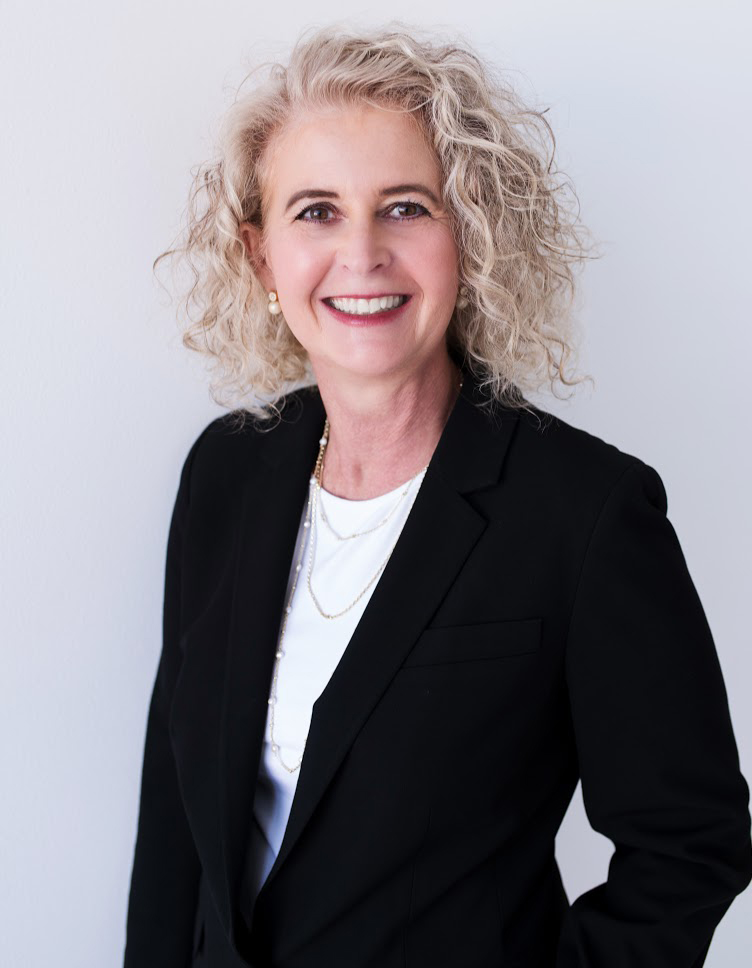EMHA Alum Amy Winker Advances Career in an Ever-Evolving Environment
As a health care executive immersed in managed care contracting and network development for more than 15 years, Amy Winker (MHA 2019) had built a track record that kept her in high demand. When Amy was asked to transition into the role of Director of Operations at Saint Louis University Cancer Center, she wanted the credentials to match her experience.
She decided to pursue an Executive Master of Health Administration (EMHA) degree from Saint Louis University.
“I really liked the format of the program because it worked for my schedule,” Winker said.
“The asynchronous format allowed me to work, attend school and still be a 'bleacher' mom. The classes were composed of people from different backgrounds, different disciplines, different ages that allowed me to obtain a well-rounded perspective on issues and see things from different points of view.”

SLU's EMHA program aims to position students with goals similar to Winker’s to begin or accelerate senior management and leadership roles within top health care organizations that not only fulfill their personal career objectives but also drive better population health outcomes and strengthen the connection between providers, payers and the communities they serve.
At the SLU Cancer Center, Winker puts many of these ideas into practice by providing leadership and strategic direction; building relationships with system-wide hospital leadership, providers, surgeons, and research scientists; and ensuring high-quality staff performance and patient satisfaction.
Despite her extensive experience, she appreciates the importance of continuing education.
“I don't think education is ever wasted, and we should always continue to learn in our fields and to stay abreast of current industry trends,” she said. “I think it's more important today as many students are pursuing an MHA right out of college and if mid-careerists want to remain competitive in this market, they are going to need the same credentials as early careerists. Experience alone isn't going to be enough to compete for the same positions with new MHA graduates with less experience.”
Now more than ever, the ability to stand out in the healthcare management industry has become more challenging, forcing students and early- to mid-careerists to refine their own style, interests and communication skills, she explains.
Recognizing the importance of sharing her professional experiences and knowledge of what to expect in the ever-changing health care field, she has parlayed her own experience into teaching the next generation.
“Learning how to communicate in a multi-generational workforce is going to be critically important for students because they are entering the field alongside a rapidly aging workforce," she said. “Being able to adapt to change in today’s current health care environment is essential.”
She adds that early careerists should not be afraid to accept additional responsibilities, much like she has, to accelerate their career advancement.
“Even if you think it's a little bit above your head, do your research, and always try to assume additional responsibilities,” she explained. "Don’t be afraid to take a lateral move to learn something new in an organization, because the more well-rounded you are, the more effective and sought after you will be.”
College for Public Health and Social Justice
The Saint Louis University College for Public Health and Social Justice is the only academic unit of its kind, studying social, environmental and physical influences that together determine the health and well-being of people and communities. It also is the only accredited school or college of public health among nearly 250 Catholic institutions of higher education in the United States.
Guided by a mission of social justice and focus on finding innovative and collaborative solutions for complex health problems, the College offers nationally recognized programs in public health, social work, health administration, applied behavior analysis, and criminology and criminal justice.